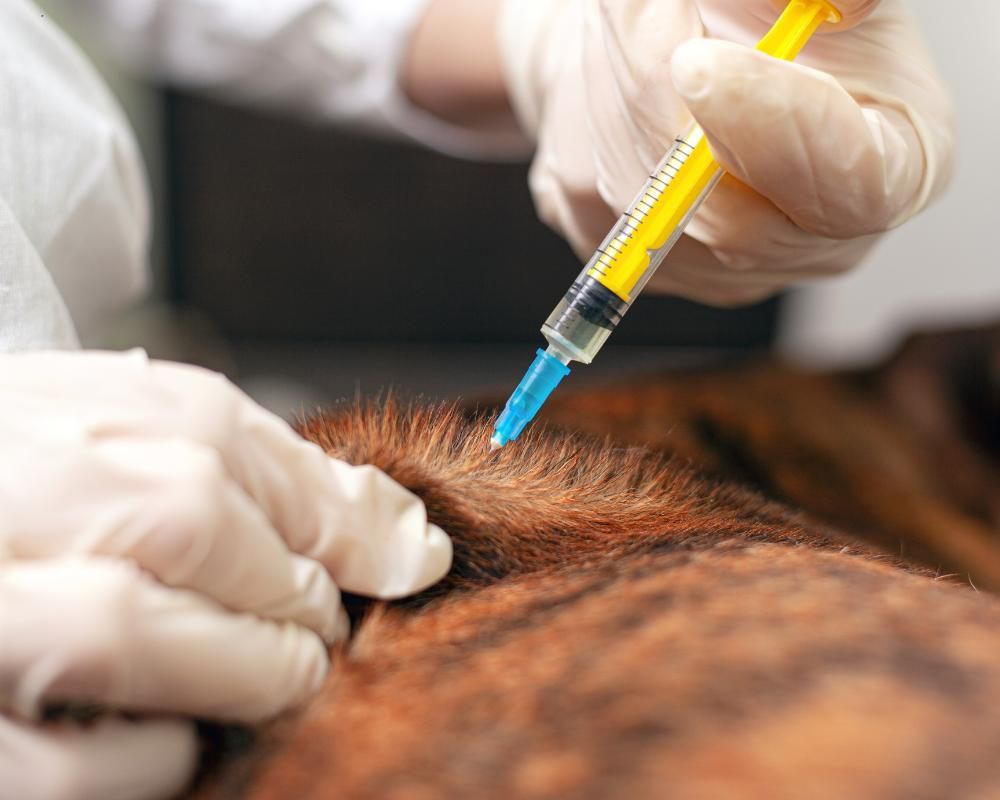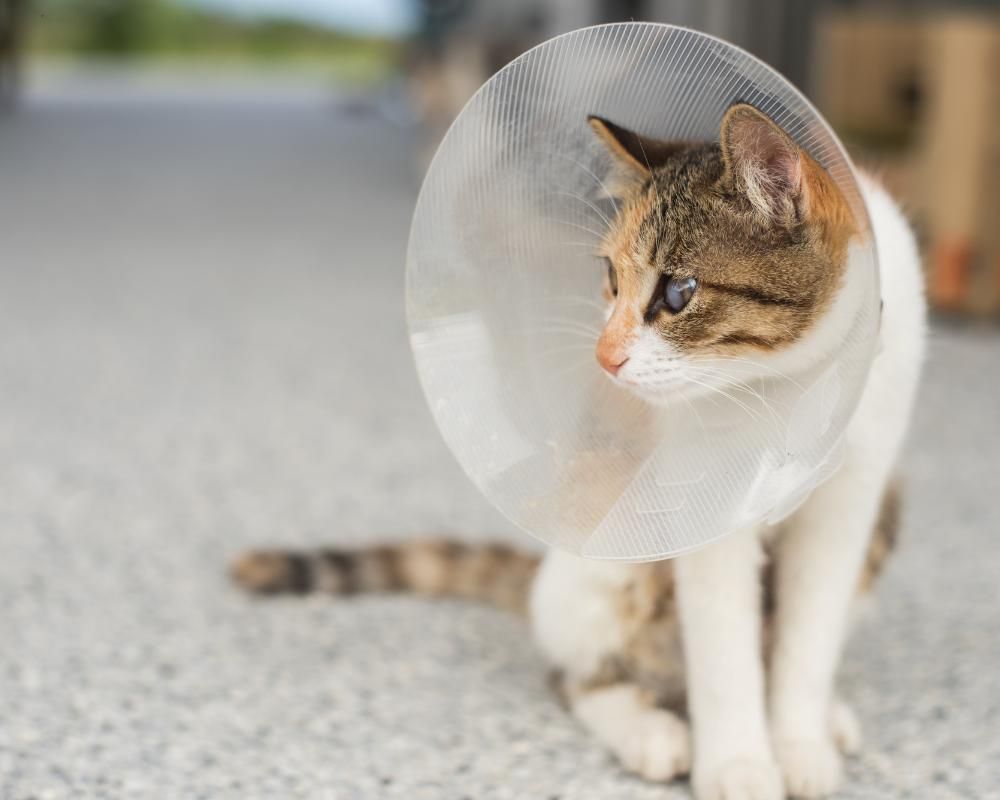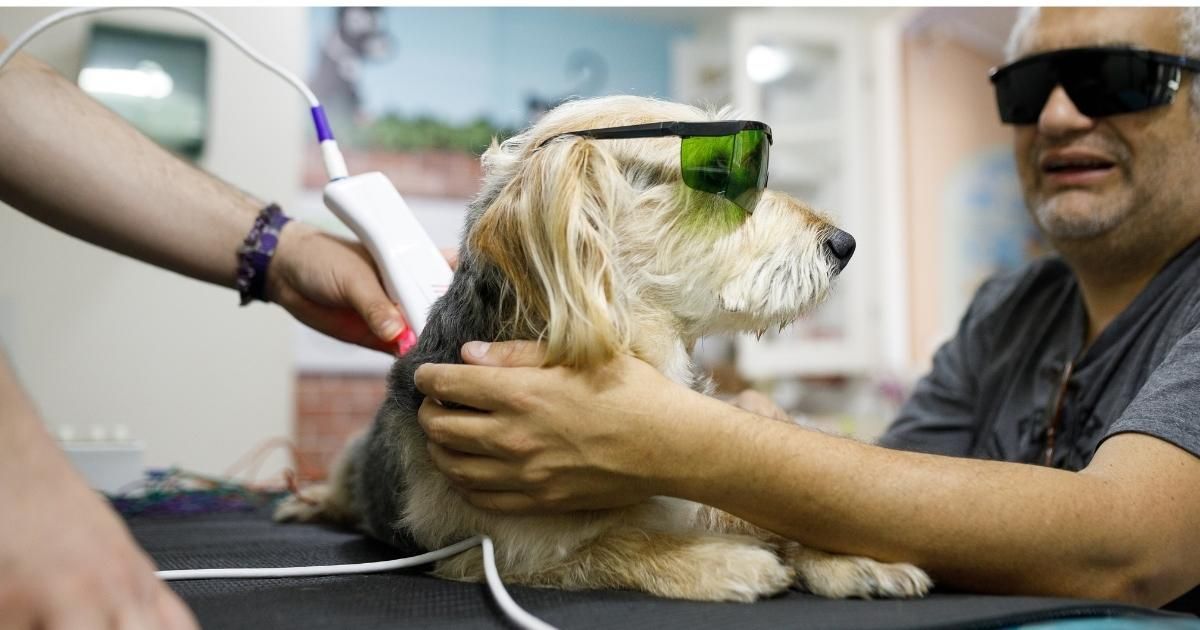4 Myths and Facts About Spaying and Neutering
As a responsible pet owner, you want to make the best decisions for your furry friend. One of the most common procedures that pet owners consider is cat spaying and dog neutering. However, there are many myths and misconceptions surrounding this topic that may cause you to think there are issues concerning spaying and neutering. In this blog post, we will explore some myths and facts about dog spaying and cat neutering so that you can make an informed decision about your pet's health and wellbeing.
Myth 1: Spaying or neutering can cause health issues.
Myth 4: Dogs & Cats Should Go Through Heat or Have a Litter BEFORE being spayed or neutered.
Even More Reasons To Consider Spaying & Neutering Your Dog or Cat
#1. Myth: Does Spaying and Neutering Cause Health Issues?
#2. Myth: Cat and Dog Neutering and Spaying Adversely Changes Behavior
#3. Myth: The Cost of Spaying and Neutering is Too Expensive
#4. Myth: Dogs and Cats Should Have at Least 1 Litter Before Spaying
More Benefits of Spaying & Neutering Your Pet
Cat & Dog Spaying:
- Prevents unwanted pregnancies
- Eliminates the risk of ovarian and uterine tumors
- Remove the possibility of uterine infections
By spaying or neutering your pet, you are also helping to reduce the number of animals in shelters, which can ultimately save you money and heartache in the long run.
Have Questions About Spaying or Neutering? Call Chipman Road Animal Clinic today!
If you have any questions or concerns about spaying or neutering your pet, don't hesitate to reach out to the experts at
Chipman Road Animal Clinic. Our compassionate and experienced staff will answer any questions you have about issues concerning spaying and neutering. Just call 816-524-1886



















